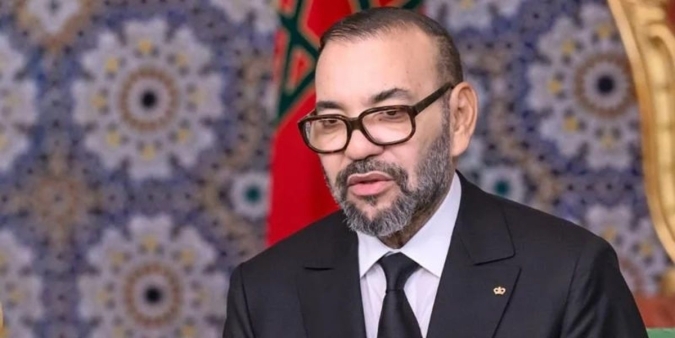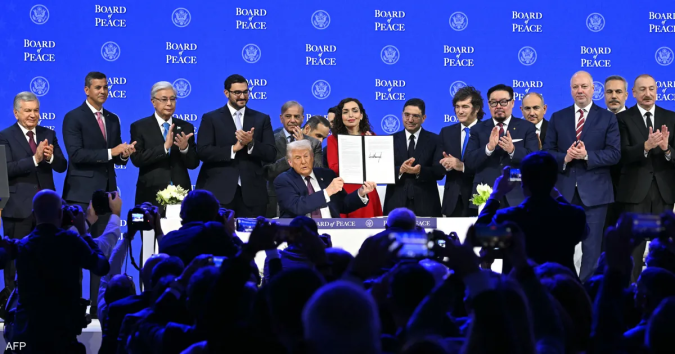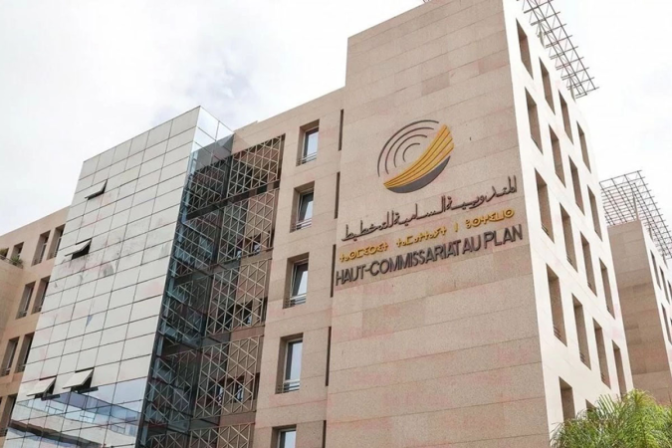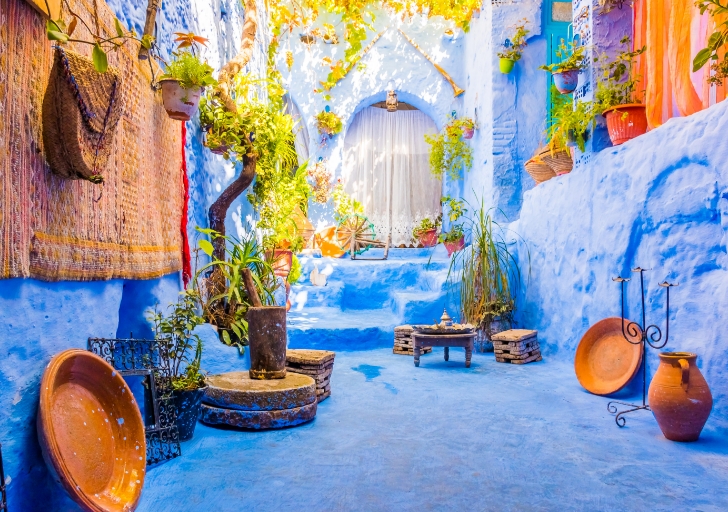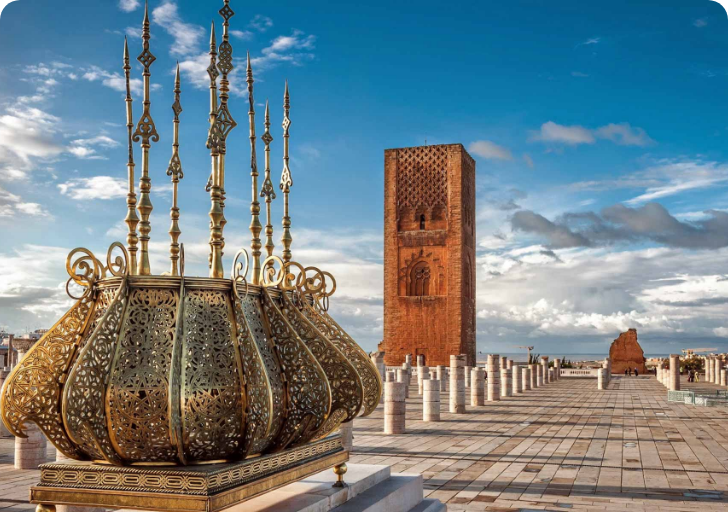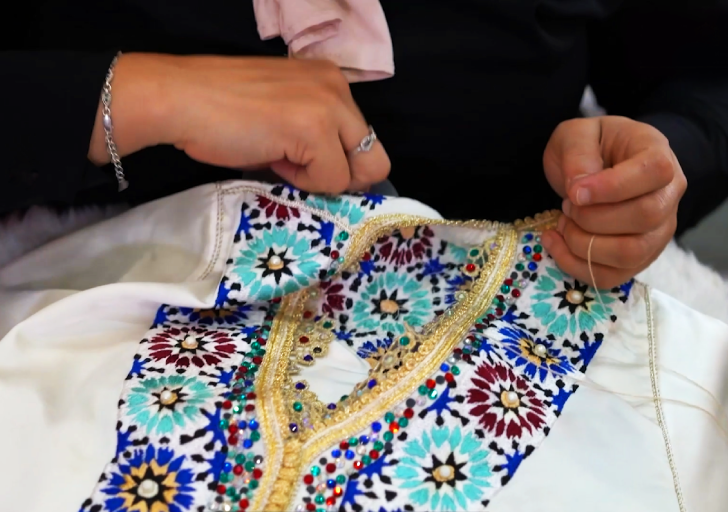
Minister of Economic Inclusion, Small Business, Employment, and Skills, Younes Sekkouri, highlighted on Monday in Geneva Morocco's “authentic” experience in social dialogue, which has resulted in two major agreements totaling nearly $10 billion and benefiting over 12 million people.
Delivering Morocco's keynote address to the plenary session of the 113th session of the International Labour Conference (ILC), taking place from June 2 to 13, the official highlighted the relevance of the institutional framework Morocco has put in place and the parallel efforts to secure funding sources for social dialogue.
In the first third of its mandate, he said, the government had focused on building a new institutional infrastructure for social dialogue, working closely with trade unions and employers.
This stage "was not an easy one, as it was marked by serious and fierce discussions and negotiations," Sekkouri acknowledged.
“Once that framework was established, we turned our attention to tax reform and economic performance to ensure we had the means to fund this dialogue,” he added.
“It took us two years to reach two major social agreements, amounting to roughly $10 billion—a significant sum for our national budget. These agreements impact more than 12 million people across various programs under the social state, driven by His Majesty King Mohammed VI,” the minister said.
Sekkouri noted that the agreements led to wage increases, labor tax reform, and progress on a long-awaited strike law—a piece of legislation that had been stalled for nearly six decades.
He also pointed out that the government is dedicating the final third of its mandate to deep structural reforms. The first of these is a major overhaul of the Labor Code, which includes addressing concerns raised in the ILO’s recent report on decent work in platform-based jobs.
The minister, who is leading Morocco’s tripartite delegation at this year’s ILC, is scheduled to take part in several high-level events, including one marking World Day Against Child Labour and another at the Global Coalition for Social Justice Forum. Bilateral meetings are also planned.
The Moroccan delegation includes representatives from the Head of Government office , the Ministry of Economic Inclusion, Small Business, Employment and Skills, Morocco’s Permanent Mission to the UN in Geneva, and social partners.
Employers are represented by delegations from the General Confederation of Moroccan Enterprises (CGEM) and the Federation of Moroccan Chambers of Commerce and Services (FCMCIS). The unions' delegation includes leaders from the Moroccan Labour Union (UMT), the General Union of Moroccan Workers (UGTM), and the Democratic Confederation of Labour (CDT).
MAP:11 June 2025
